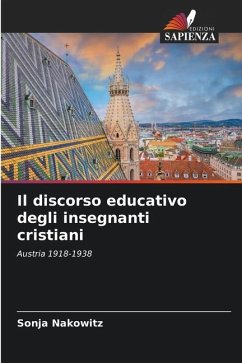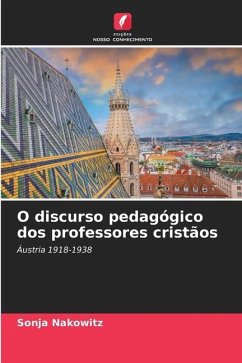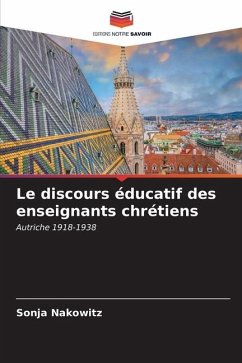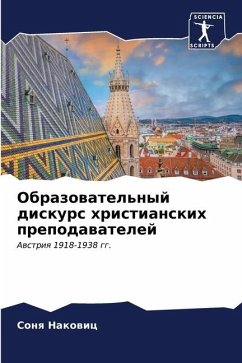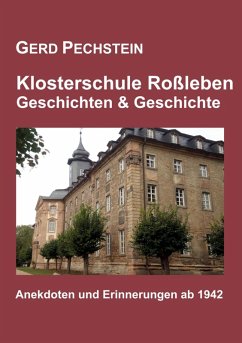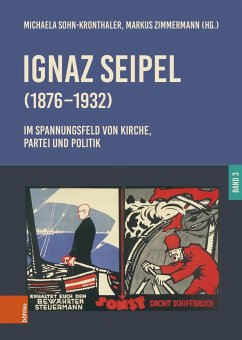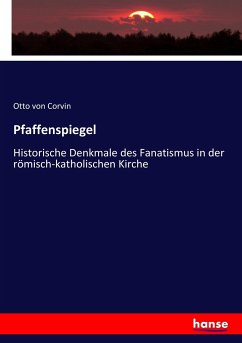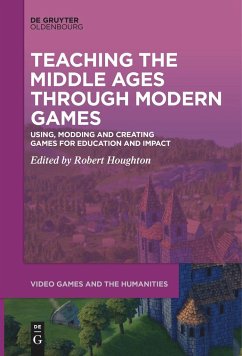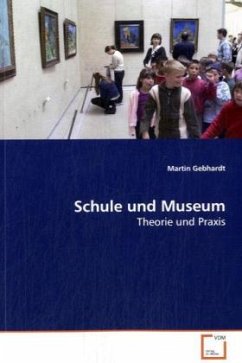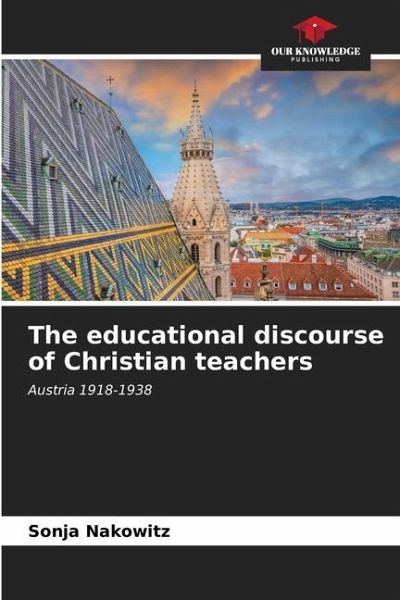
The educational discourse of Christian teachers
Austria 1918-1938
Versandkostenfrei!
Versandfertig in 6-10 Tagen
40,99 €
inkl. MwSt.

PAYBACK Punkte
20 °P sammeln!
The school historiography of the interwar period in Austria is still strongly dominated by the work of the social democratic education politician Otto Glöckel and the Viennese school reform associated with him. This was pushed forward and partially implemented against increasing resistance from the Christian-conservative camp, until it was largely reversed under Dollfuß's rule. The author has set herself the task of bringing the "other side" - the conservatives, the resisters - into focus as protagonists and giving them a voice. She investigated how Christian teachers talked about education,...
The school historiography of the interwar period in Austria is still strongly dominated by the work of the social democratic education politician Otto Glöckel and the Viennese school reform associated with him. This was pushed forward and partially implemented against increasing resistance from the Christian-conservative camp, until it was largely reversed under Dollfuß's rule. The author has set herself the task of bringing the "other side" - the conservatives, the resisters - into focus as protagonists and giving them a voice. She investigated how Christian teachers talked about education, which values, problem areas, ideas and interests structured their discourse and which political demands were derived from this. The result is a description of the Christian-conservative perspective on education and teaching, knowledge of which enables a more differentiated view of the political and social conflicts of the time.



